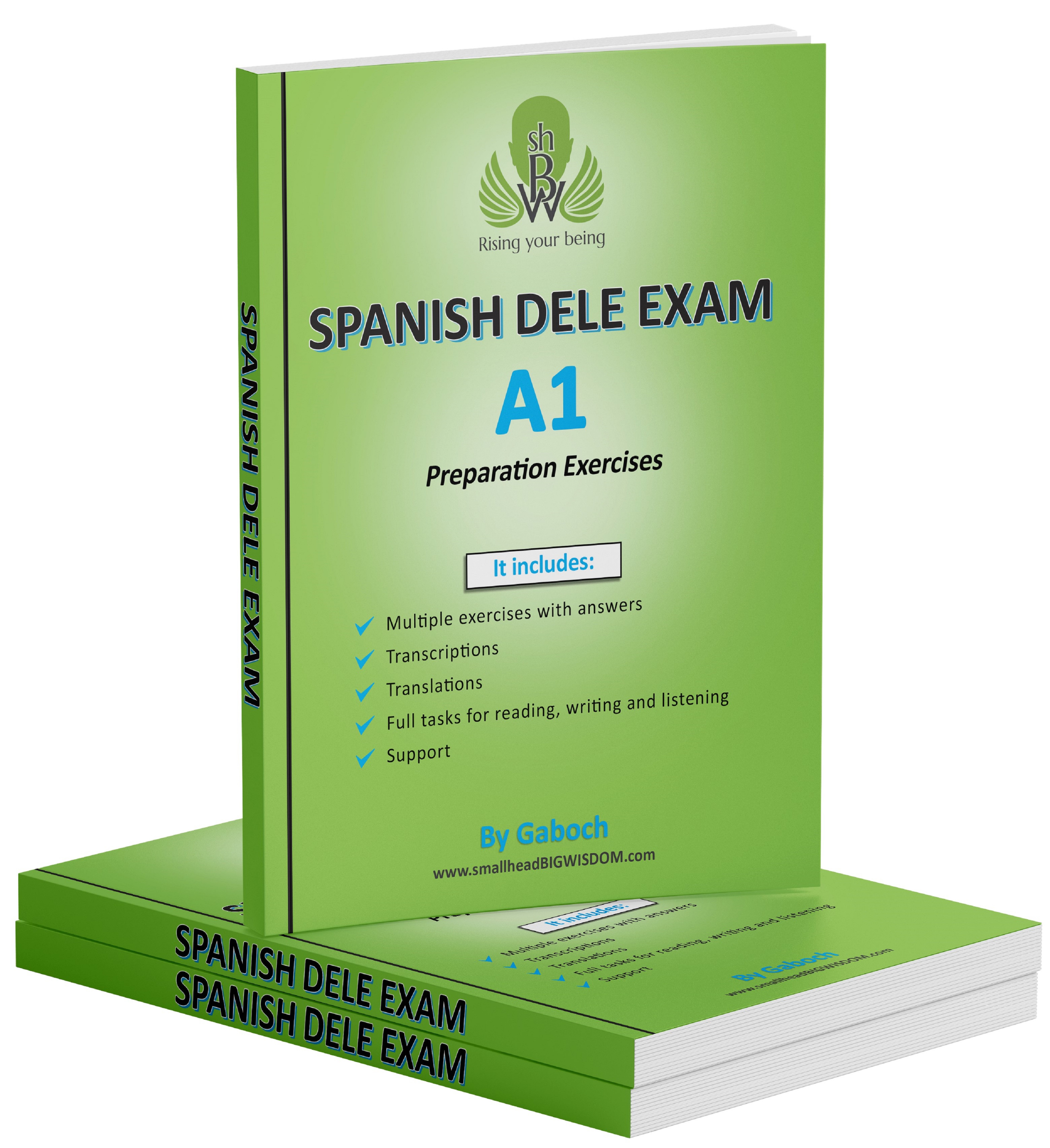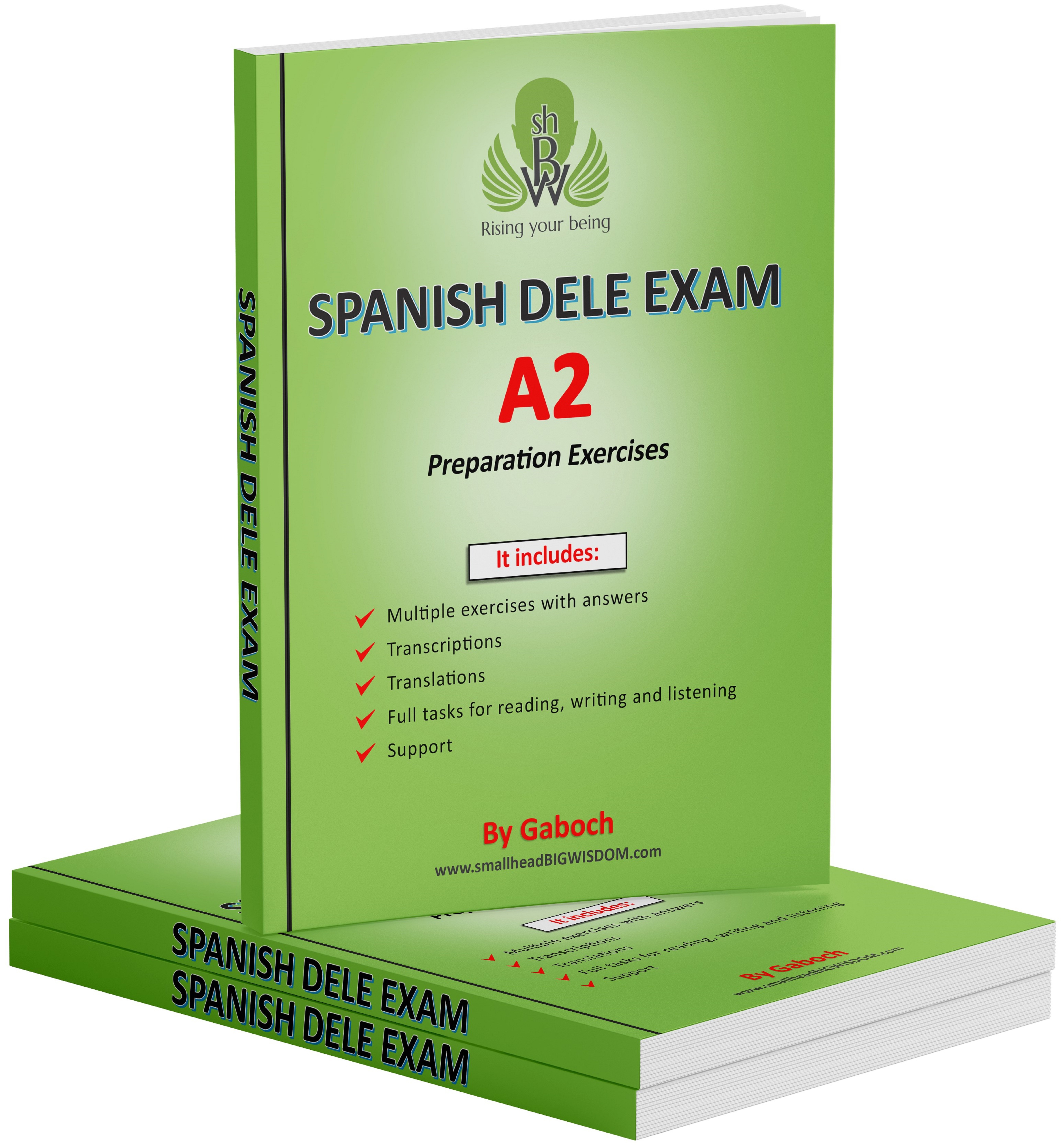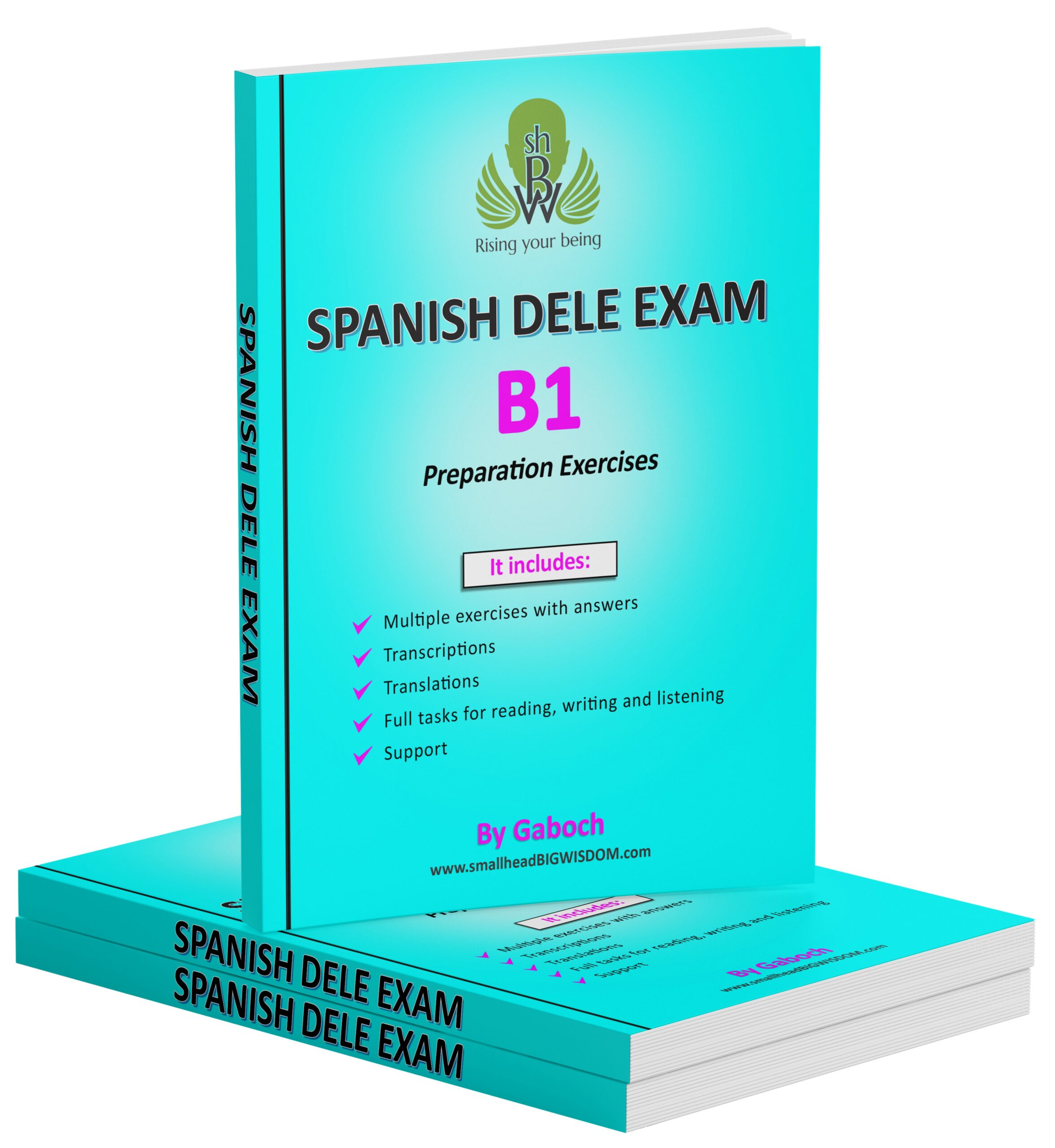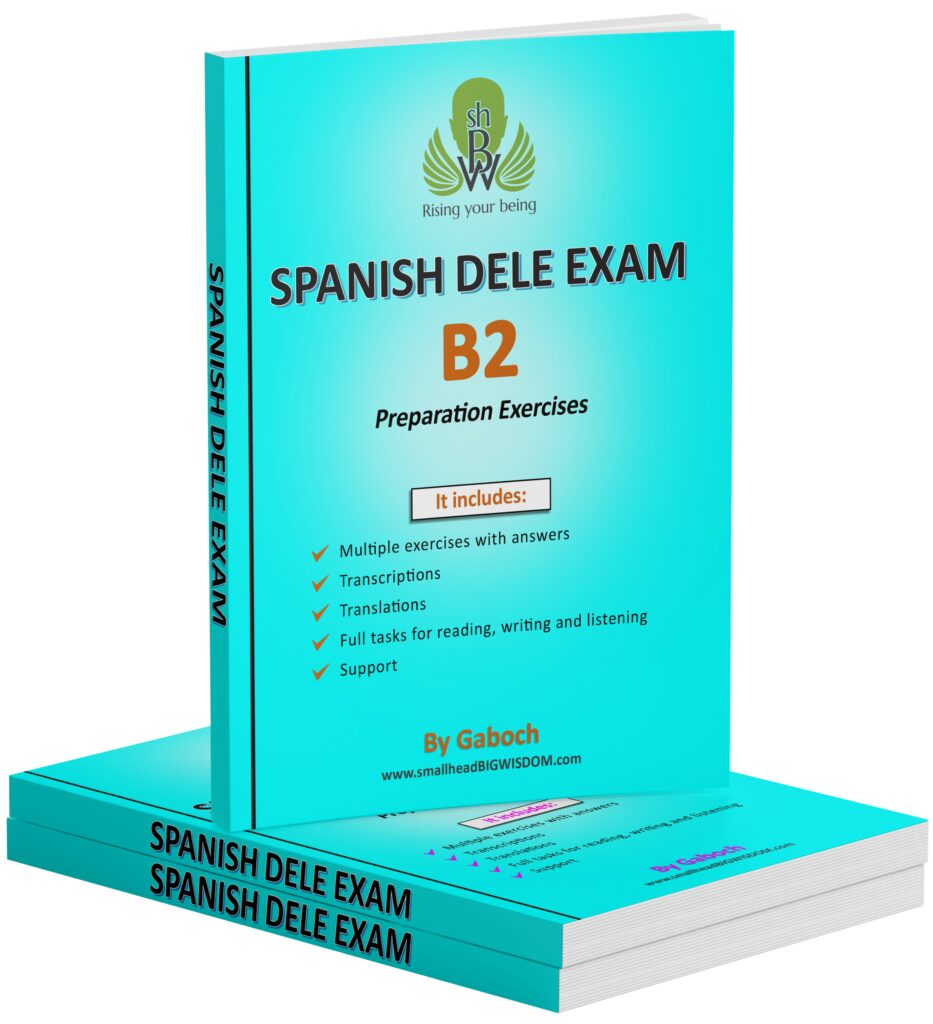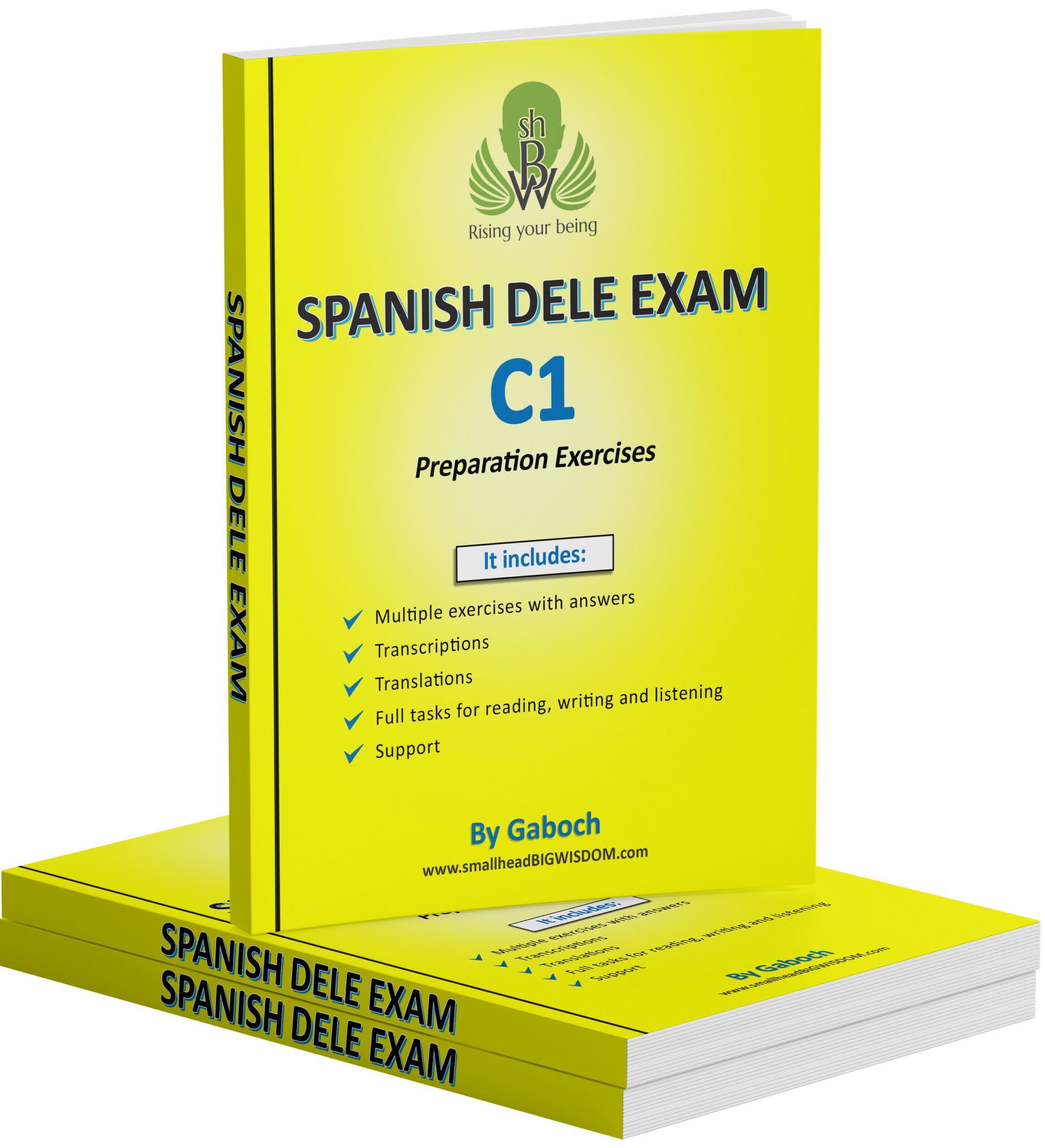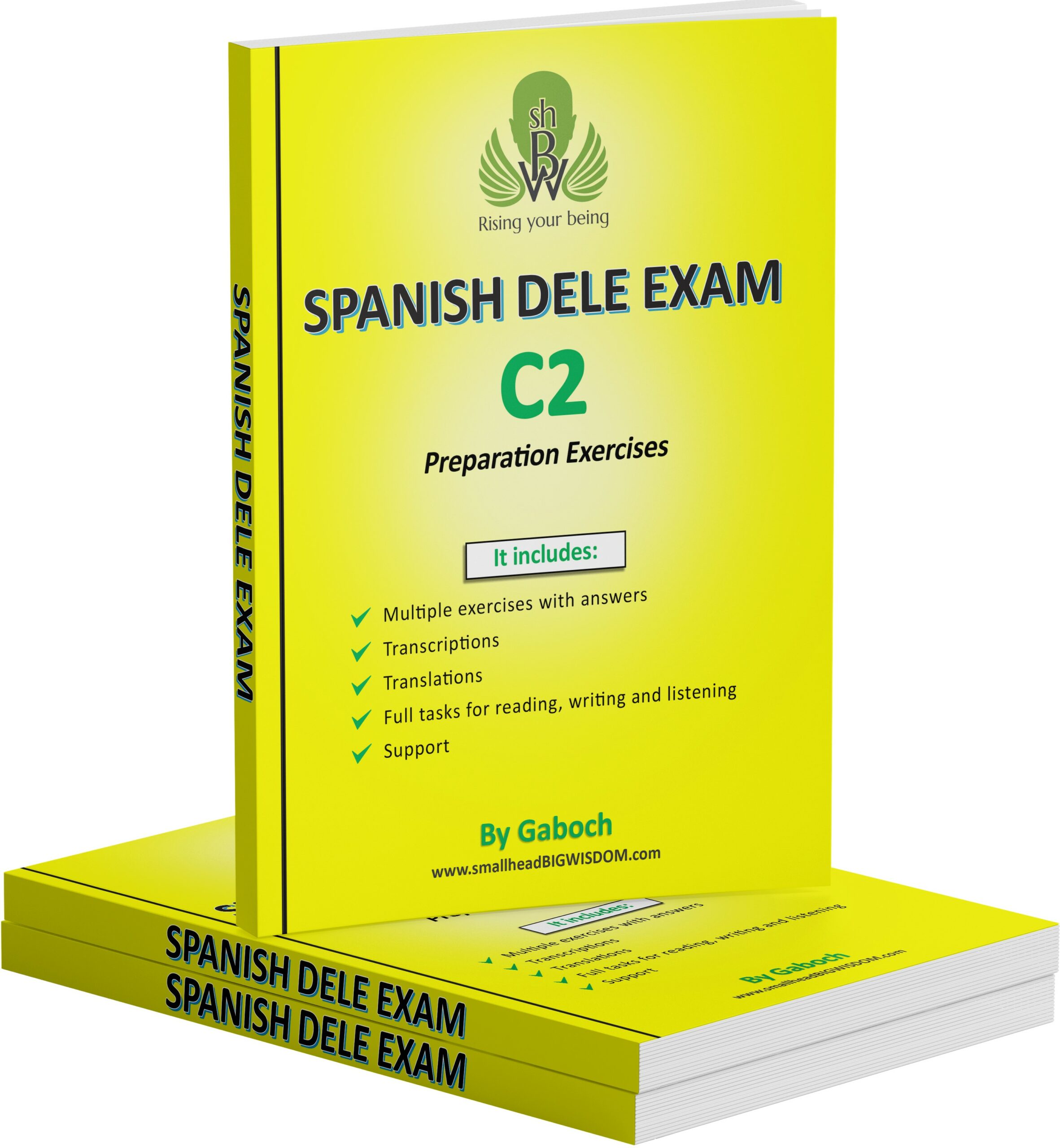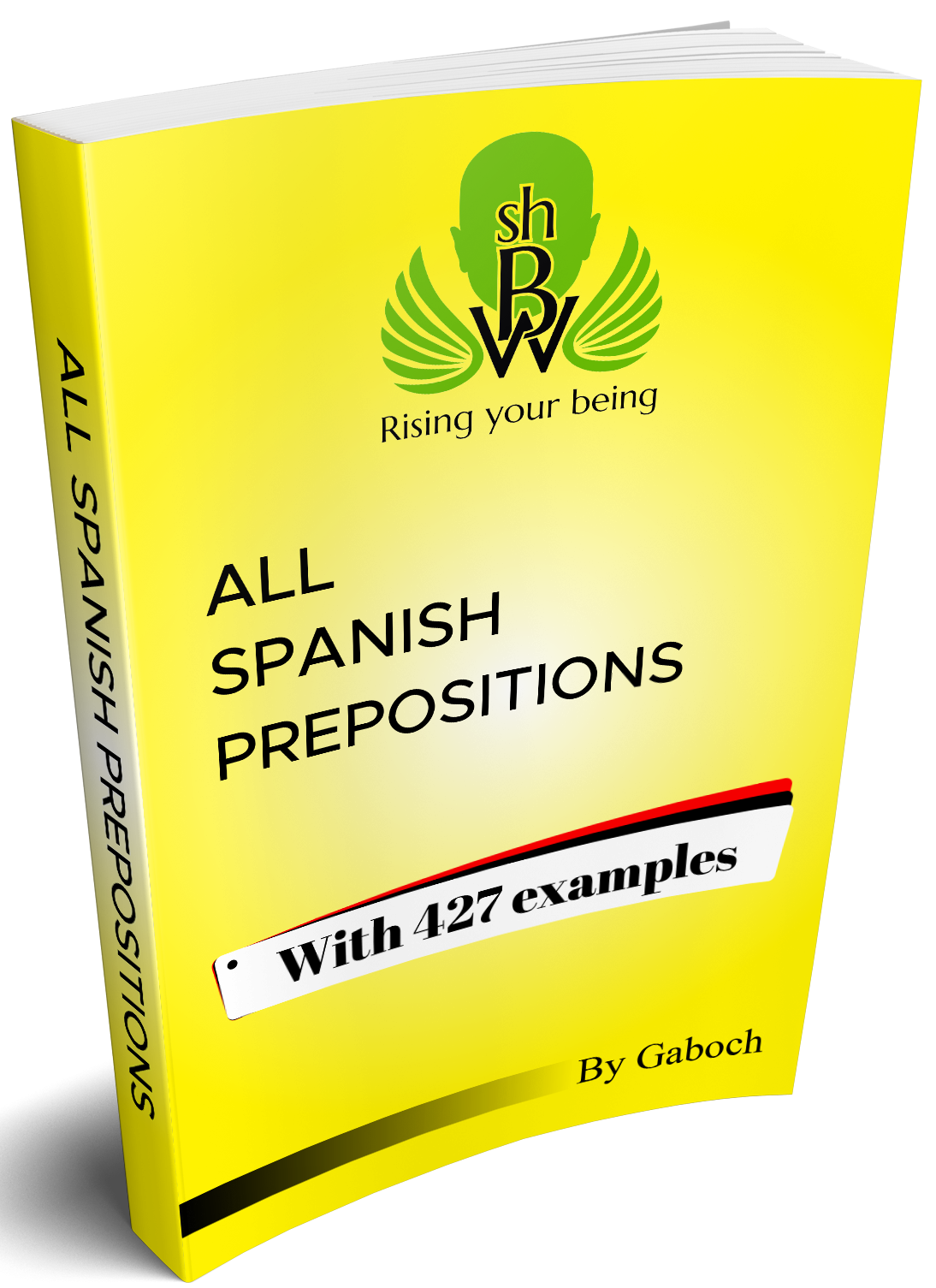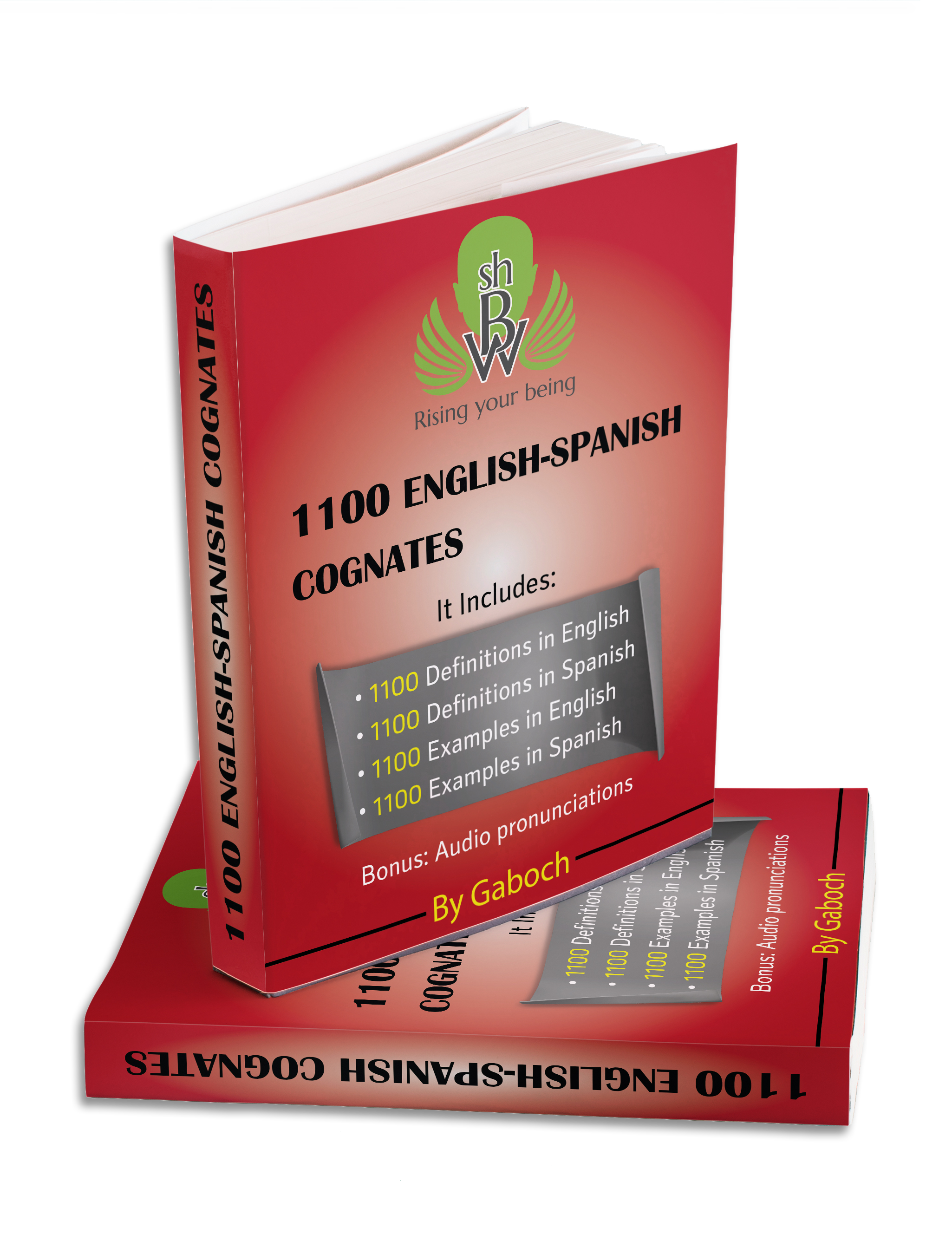smallhead BIGWISDOM
Rising your being
Indefinite articles in Spanish
Definition of article
Article is a word that is linked to nouns and its grammatical function is to give specificity to those nouns rather than describing them.
The indefinite article
| Singular | Plural | |
| Masculine | Un Example: un avión | Unos Example: unos aviones |
| Feminine | Una Example: una casa | Unas Example: unas casas |
Usage:
- When it is referring to something unknown by the speaker or speakers.
- Él trajo una herramienta nueva (He brought a new tool)
- Ellos trabajaron en un pueblo lejano (They worked in a distant town)
- Ella recibió un regalo ayer (She received a gift yesterday)
- To talk about qualitative or quantitative non-evident features with “que”.
- María tiene un carisma que enamora (Maria has an attracting charm)
- Tengo un sueño intenso que no puedo mantener los ojos abiertos (I feel intensively sleepy that can hardly keep my eyes open)
- When the preceding noun doesn’t designate a particular individual but a kind.
- Los profesores deberían tener una paciencia única (Teachers should have unique patience)
- Los políticos tienen un gran poder de persuasión (Politicians have a great persuasion ability)
- To compare somebody with a famous person
- Él tiene la voz de un Pavarotti (He has the voice of a Pavarotti)
- Rosa es una Marie Curie (Rose is a Marie Curie)
- Before a cardinal number to mean “approximately”.
- Vinieron unas cuarenta personas (Around forty people came)
- La temperatura es de unos 23 grados (The temperature is around 23 degrees)
- It is used with the quantifiers “pocos”, “cuantos” to mean “some” or “several”
- Él tiene unos pocos amigos (He has a few friends)
- Esa persona ha visitado unos cuantos países (That person has visited a few countries)
- To name letters of the alphabet
- Una eme minúscula casi no se ve (A lower case ‘m’ can hardly be seen)
- ¿Qué es una hache muda? (What is a silent ‘h’?)
- To refer to people by their last names
- Maria es una Rojas (Maria is a Rojas)
- Ese niño es un González (That kid is a Gonzalez)
- With continent names the masculine form is used
- Un Asia próspera (A prosperous Asia)
- Un África en evolución (An Africa in evolution)
- With names of countries, cities or regions:
- Él vivía en una Francia romántica (He used to live in a romantic France)
- La de hoy, es una Inglaterra modernista (Today’s, it is a modern England)
- With unstressed initial “a”.
- El ave tenía una alita herida (The bird had an injured wing)
- Es una agüita medicinal (This is a medicinal infusion)
- With elative adjectives
- ¡Fue una magnífica fiesta! (It was a great party!)
- Le dieron a él un recibimiento inigualable (He was given an incomparable reception)
Get the book about 1100 English-Spanish Cognates!
Bonus: Audio pronunciations
Get it now!
(See Table of Content)
